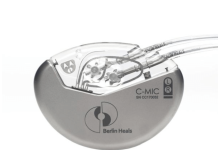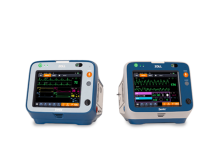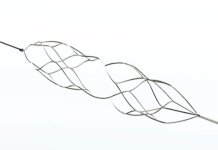Galvanize announced the FDA granted 510(k) clearance for its Inumi Flex endoscopic needle with the Aliya system for soft tissue ablation.
Inumi Flex expands the Aliya pulsed electric field (PEF) ablation portfolio by enabling minimally invasive endoscopic delivery. This addition complements the previously cleared percutaneous needle for the system. Redwood City, California-based Galvanize — formed in 2022 via a three-way merger — plans to initiate a U.S. rollout soon.
Related: FDA approves hybrid closed-loop insulin delivery app from CamDiab
Aliya delivers high-voltage, short-duration electrical energy locally to alter the transmembrane potential of cells. This results in the loss of homeostasis, including non-thermal programmed cell death, without denaturing cellular proteins and the extracellular matrix.
In addition to focal ablation, the process could release antigens from the dying tumor cells. This may stimulate an immune response for a potential systemic effect beyond focal ablation. Now, it could offer delivery through an endoscopic or percutaneous approach.
Aliya with Inumi Flex delivers PEF energy through an endoscope. Galvanize says it’s the first commercially available system to do this. It enables physicians to reach and non-thermally ablate soft tissue lesions.
“As physicians increasingly shift from percutaneous to endoscopic access of target lesions, our team developed INUMI Flex to meet their needs,” commented Jonathan Waldstreicher, MD, CEO of Galvanize. “Having demonstrated the effects of Aliya beyond focal ablation in early studies, we continue to invest in understanding the full potential of biologic activation and its unique immune response in clinical trials.”




